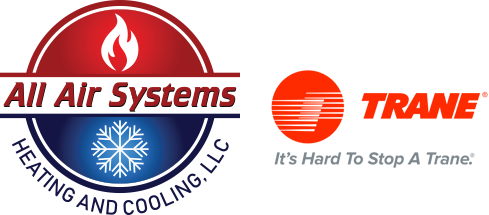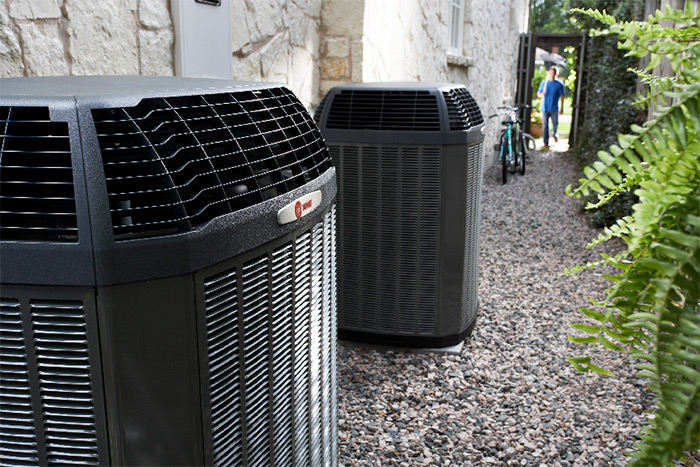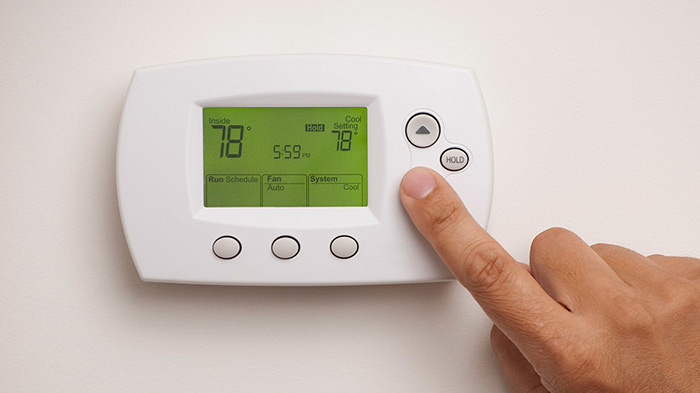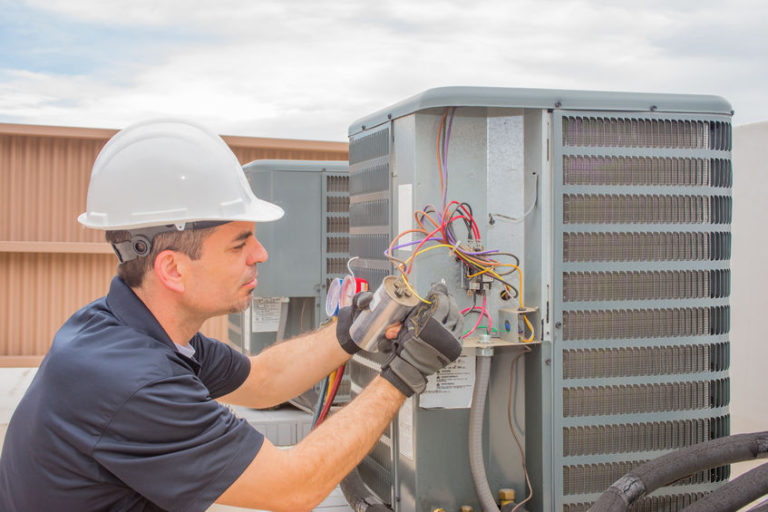What are Heat Pumps?
Heat pumps are a type of heating and cooling system that work by transferring heat from one location to another. They are commonly used in residential heating, ventilation, and air conditioning (HVAC) systems to provide efficient, year-round temperature control.
They are an increasingly popular choice for new HVAC system installations for residential homes in New Jersey, where the combination of hot summers and cold winters can make traditional heating and cooling systems less efficient.
The Advantages of Ductless Mini Split Heat Pumps
Ductless mini split heat pumps, also known as mini split systems, offer several benefits over traditional HVAC systems. They do not require ductwork to distribute conditioned air throughout the home, making them a suitable option for homes with limited space or unusual layouts. Instead, they consist of an outdoor unit that is connected to one or more indoor units by a small refrigerant line. This allows for precise temperature control in each part of the home, as each indoor unit can be controlled independently.
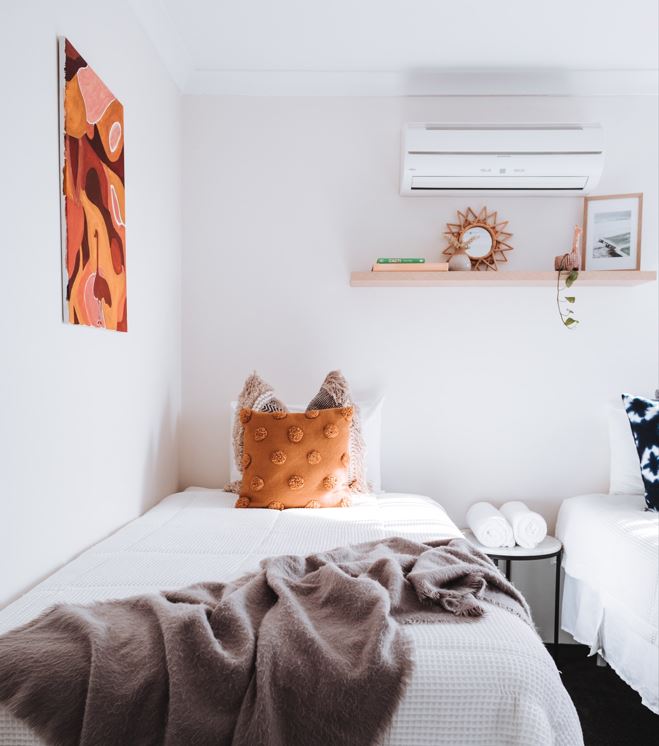
When choosing a heating and cooling system for your New Jersey home homeowners have to consider the type of fuel it uses. Heat pumps, for example, are powered by electricity, while many traditional HVAC systems run on natural gas. This can be a significant advantage for homeowners in light of the current energy crisis, which has led to a rise in the price of natural gas.
By using electricity to power your heating and cooling system, you can potentially save money on fuel costs and reduce your dependence on fossil fuels. Heat pumps are an energy-efficient alternative to traditional heating and cooling systems that rely on natural gas.
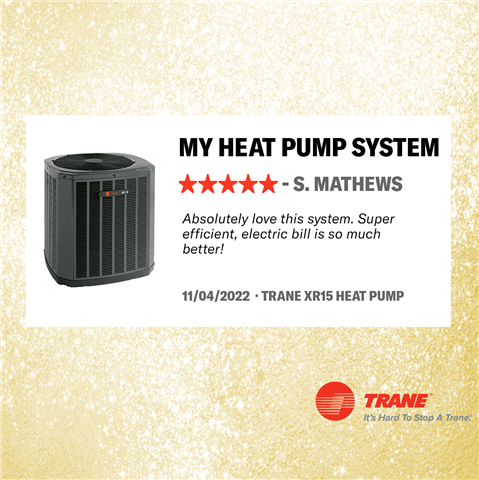
Heat Pumps: An Efficient Heating and Cooling Solution for New Jersey Homes
One of the main advantages of mini split systems is their increased efficiency. The lack of ductwork reduces energy loss, and the ability to control each indoor unit separately allows for more precise temperature control, further reducing energy consumption. According to the U.S. Department of Energy, heat pumps can be up to 300% efficient, meaning they can provide three times as much heat as the energy they consume. This makes them an attractive option for homeowners in New Jersey looking to reduce their energy bills and lower their carbon footprint.
In addition to increased efficiency, mini split systems offer flexibility and versatility. They can be installed in a variety of locations and configurations, and can be used to add heating and cooling to rooms or areas that are not served by the central HVAC system, such as sunrooms, basements, or garages. Mini split systems are also generally easier to install and maintain than traditional HVAC systems, as they have fewer moving parts and do not require extensive ductwork.
Factors to Consider When Deciding on a Mini Split System
So, is a ductless mini split heat pump the right choice for your New Jersey home? As with any home improvement decision, there are several factors to consider when deciding whether to install a mini split system. These include:

- The size and layout of your home:
Mini split systems are generally best suited for smaller homes or homes with difficult-to-reach areas that are not served by the central HVAC system. If you have a larger home or a home with extensive ductwork, a traditional HVAC system may be a more suitable option. - The age and efficiency of your current HVAC system:
If your current HVAC system is relatively new and efficient, it may not be cost-effective to replace it with a mini split system. However, if your current system is outdated or inefficient, a mini split system may provide significant energy savings and a faster return on investment. - Your budget:
Mini split systems can be more expensive to purchase and install than traditional HVAC systems, especially if you need multiple indoor units. It is important to consider the upfront cost of the system as well as any ongoing maintenance and repair expenses. - Your preferences and needs:
Ultimately, the decision to install a mini split system should be based on your own preferences and needs. If you are looking for a more efficient, flexible, and cost-effective way to heat and cool your home, a mini split system may be the right choice.
Heat Pumps vs. Central Air Conditioning: Which is Right for Your New Jersey Home?
When it comes to choosing a heating and cooling system for your New Jersey home, there are several options to consider. Two of the most popular choices are heat pumps and central air conditioning. Both systems offer benefits and drawbacks, and the right choice for your home will depend on your specific needs and circumstances.
Heat Pumps: Pros and Cons
Heat pumps are a type of HVAC system that work by transferring heat from one location to another. They are a popular choice for residential homes in New Jersey due to their energy efficiency and year-round temperature control capabilities. Some of the pros of heat pumps include:
- Energy efficiency: Heat pumps are up to 300% efficient, meaning they can provide three times as much heat as the energy they consume. This makes them an energy-efficient alternative to traditional heating and cooling systems.
- Year-round temperature control: Heat pumps can provide both heating and cooling, making them a suitable choice for homes in regions with extreme temperature fluctuations.
- Flexibility and versatility: Heat pumps can be installed in a variety of locations and configurations, and can be used to add heating and cooling to rooms or areas that are not served by the central HVAC system.
However, heat pumps also have some drawbacks to consider. These include:
- Upfront cost: Heat pumps can be more expensive to purchase and install than traditional HVAC systems, especially if you need multiple indoor units.
- Limited heating capacity: Heat pumps may not be suitable for extremely cold climates, as they may not be able to provide sufficient heat in temperatures below freezing.
- Limited cooling capacity: In some cases, heat pumps may not be able to provide sufficient cooling in extreme heat.
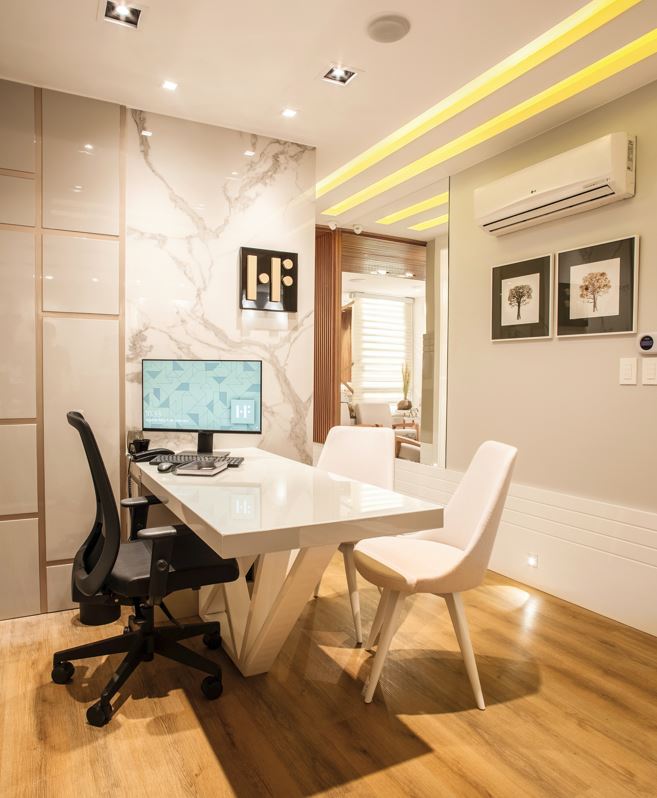
Central Air Conditioning: Pros and Cons
Central air conditioning systems are a traditional choice for residential HVAC systems. They consist of a central unit that is connected to a network of ducts, which distribute conditioned air throughout the home. Some of the pros of central air conditioning include:
- Widely available: Central air conditioning systems are widely available and have been around for decades, making them a well-established technology.
- Good heating capacity: Central air conditioning systems can provide efficient heating in most climates, including cold climates.
- Good cooling capacity: Central air conditioning systems can provide efficient cooling in most climates, including extreme heat.
However, central air conditioning systems also have some drawbacks to consider. These include:
- Energy loss: The use of ductwork can result in energy loss, as conditioned air can escape through the ducts.
- Limited flexibility and versatility: Central air conditioning systems are generally not suitable for adding heating and cooling to individual rooms or areas. However, a zoning system with controllable dampers installed in the ductwork can increase flexibility to suit your needs.
- Upfront cost: Central air conditioning systems can be more expensive to purchase and install than other HVAC systems, especially if you have an older home that requires extensive ductwork.
Choosing the Right HVAC System
When deciding between heat pumps and central air conditioning for your New Jersey home, it is important to consider the specific needs and circumstances of your household. Factors to consider include the size and layout of your home, the age and efficiency of your current HVAC system, your budget, and your preferences and needs. It is always a good idea to consult with a professional HVAC contractor to assess your home and provide recommendations on the most suitable and cost-effective options.
Is a Ductless Mini Split System Right for Your New Jersey Home?
So, is a ductless mini split heat pump the right choice for your New Jersey home? As with any home improvement decision, it is important to consider the specific needs and circumstances of your household. Some factors to consider when deciding whether to install a mini split system include:
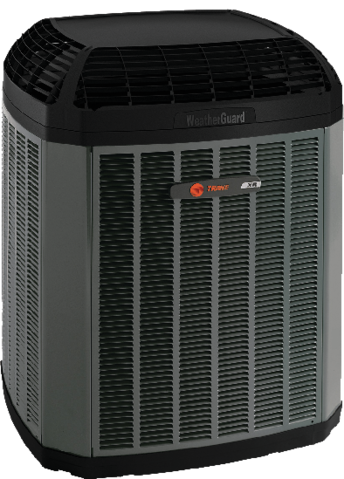
- The size and layout of your home: Mini split systems are generally best suited for smaller homes or homes with difficult-to-reach areas that are not served by the central HVAC system. If you have a larger home or a home with extensive ductwork, a traditional HVAC system may be a more suitable option.
- The age and efficiency of your current HVAC system: If your current HVAC system is relatively new and efficient, it may not be cost-effective to replace it with a mini split system. However, if your current system is outdated or inefficient, a mini split system may provide significant energy savings and a faster return on investment.
- Your budget: Mini split systems can be more expensive to purchase and install than traditional HVAC systems, especially if you need multiple indoor units. It is important to consider the upfront cost of the system as well as any ongoing maintenance and repair expenses.
- Your preferences and needs: Ultimately, the decision to install a mini split system should be based on your own preferences and needs. If you are looking for a more efficient, flexible, and cost-effective way to heat and cool your home, a mini split system may be the right choice.
If you are considering installing a ductless mini split heat pump in your New Jersey home, it is a good idea to consult with a professional HVAC contractor like All Air Systems Heating and Cooling to assess your home and provide recommendations on the most suitable and cost-effective options.
